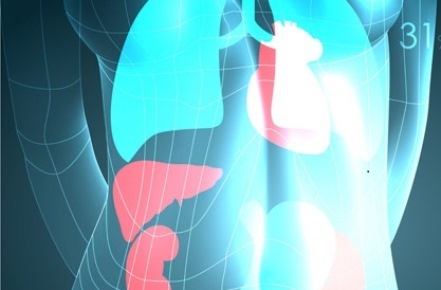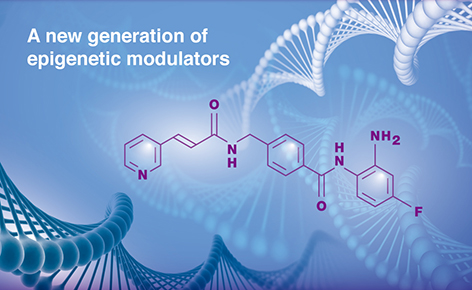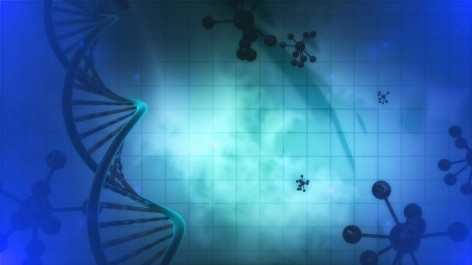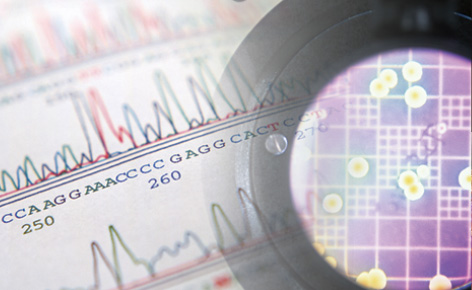Technology & Products
New drug development for clinically unmet needs of patients with advanced or refractory cancers
GNTbm has licensed in new drug Tucidinostat for the development of HR+/Her-2- advanced breast cancer (ABC), relapsed or refractory peripheral T-cell lymphoma (R/R PTCL) and other new indications in Taiwan since the beginning of the company's establishment. With the years’ experiences in new drug R&D, the R&D team of GNTbm has independently developed new oral TMRs, which selectively attack tumors by activating the patient's immune system, remodeling the tumor microenvironment, activating the activity of cytotoxic T cells (CTL), and effectively inhibiting the number and activity of immunosuppressive cells (such as TAMs, MDSCs, and Tregs), for the achievement of excellent anti-cancer effects with long-term immune memory and lasting tumor remission.
The main mechanism of TMRs is to activate and awaken the immune system of cancer patients, so that cancer can not escape from being recognized by activated CTLs through original immune evasion mechanism. TMRs can attract a large number of CTLs homing to the tumor microenvironment, achieving excellent therapeutic benefits.
The new drugs developed by the R&D team of GNTbm have novelties in chemical structure, more importantly, in term of anti-cancer mechanism, by activating the patient's immune system as the target but not directly killing cancer cells, which will provide lasting immunity to achieve tumor remission. GNTbm is devoted to the development of oral TMRs, which is conducive to patient compliance and improves drug accessibility.
-
 Uncovering the anti-cancer mechanisms of Immuno-Oncology
Uncovering the anti-cancer mechanisms of Immuno-OncologyCancer immunotherapy are classified as the latter with many anti-cancer benefits. Cancer immunotherapy is to reactivate or awaken the patient‘s immune system, therefore restores the ability of immune system to attack the tumor, and produces immune memory so that the tumor is not easy to recur. This mechanism does not rely on drugs direct killing of cancer cells. In cancer immunotherapy, tumor microenvironment regulators have the most potential for inducing excellent tumor response.
Read more -
 Tucidinostat/Chidamide (Trade name in Mandarin :剋必達®, Trade name in English : Kepida®)
Tucidinostat/Chidamide (Trade name in Mandarin :剋必達®, Trade name in English : Kepida®)Chidamide belongs to a new generation of epigenetic regulators and is a highly regarded new type of targeted cancer therapy that is mainly used for the treatment of solid tumors, lymphomas, and other hematopoietic tumors. Furthermore, its epigenetic regulation is a very promising mechanism that can be combined with endocrine drugs to reverse the drug resistance caused by the long-term use of endocrine inhibitors.
Read more -
 Epigenetic Immunoactivator
Epigenetic ImmunoactivatorEpigenetic immunoactivators are a type of epigenetic modulators with strong immunoregulating activity, which can be used to treat cancers caused by uncontrolled epigenetic regulation, and are applied in cancer immunotherapy through effective immunoregulation of tumor microenvironment to achieve high tumor response rate. GNTbm-38 is a new oral small molecule drug and independently developed by GNTbm, and currently is under preclinical studies and will be filed for IND applications in US, Taiwan, and China.
Read more
-
 Product Pipeline
Product PipelineGNTbm focuses on the R&D of epigenetic regulation, tumor microenvironment regulation, epigenetic immune regulation, and immunoregulatory multi-kinase inhibitors. The first step is to develop new indications for Tucidinostat simultaneously with international pharmaceutical companies; the second is independent R&D of tumor microenvironment regulators (TMRs); the third, independently developed epigenetic immunoactivator (GNTbm-38) ; and the fourth is the independent development of immunoregulatory multi-kinase inhibitor drugs (GNTbm-TKI).
Read more



